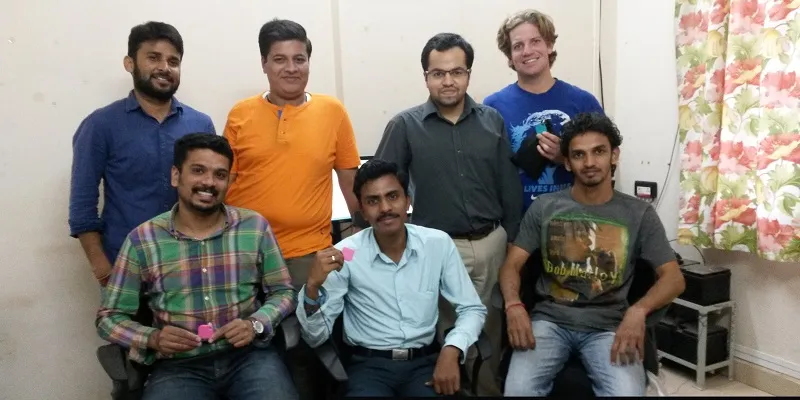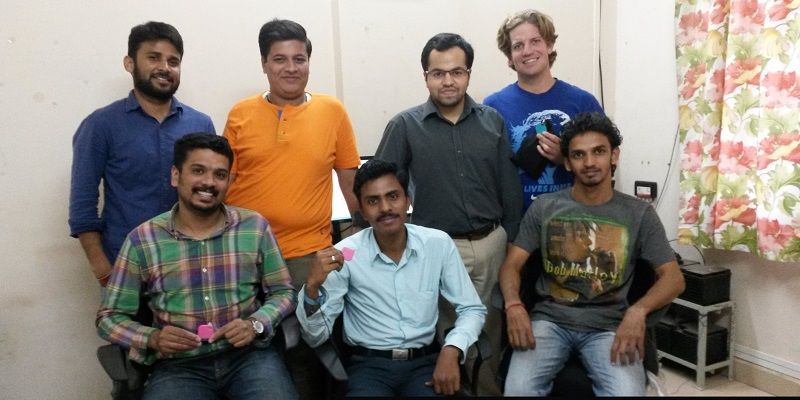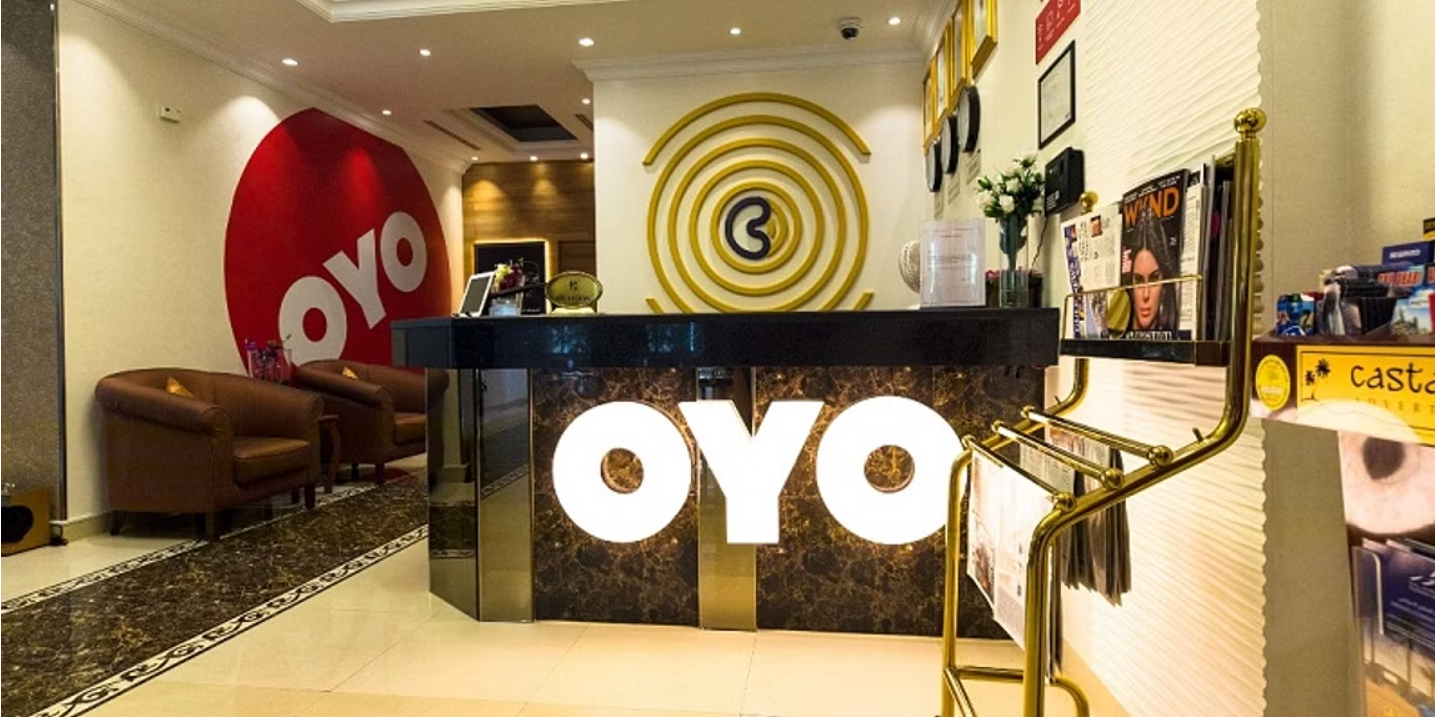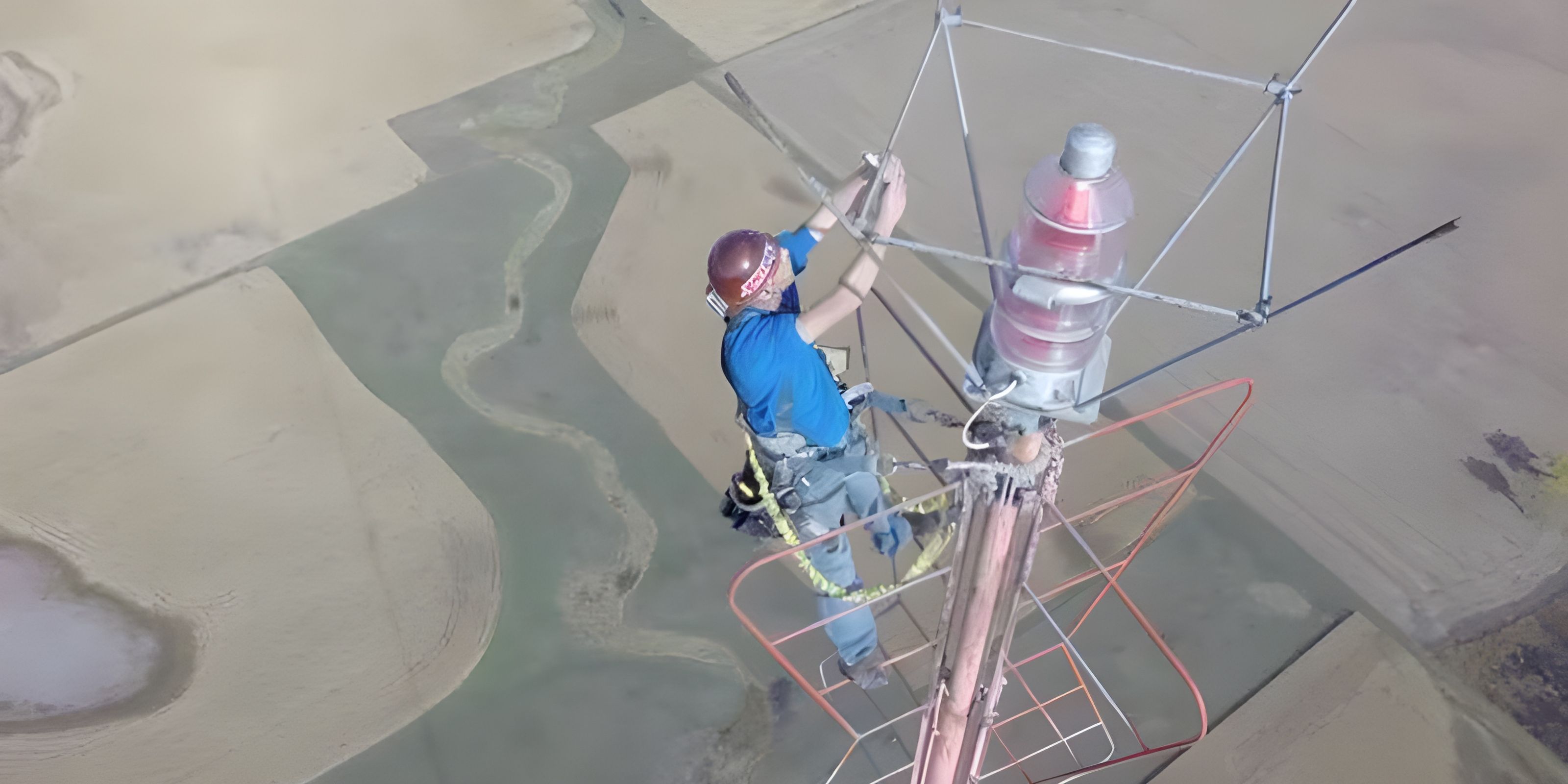Belgaum-based IoT startup SenseGiz, which exports 90 per cent of its product, has been 'Making in India' since 2013
Make in India has given a lot of focus and impetus to several manufacturing, IoT, and hardware organisations. However, even before the buzz around ‘Make in India’ started, an IoT and hardware startup SenseGiz was established in Belgaum in late 2013.
SenseGiz has sold over 20,000 units of its flagship product ‘Find’ worldwide. It states that export sales contribute to 90 per cent of the overall sales of the company. Starting from making consumer-focussed IoT products, the team is now focussing on making products for use cases in smart cities and smart home context.
The startup clocked a revenue of Rs 1.5 crore in FY 2014–2015 and states that they see a YoY growth of 100 per cent. “We’ve sold our products to over 50 countries,” says 28-year-old Abhishek Latte, Founder and CEO of SenseGiz.

Building a R&D base
The idea of setting up a strong R&D base had come to Abhishek when he was doing his masters in Mechatronics at South Hampton UK. So after finishing his masters, deciding to get work experience, Abhishek worked at his family marketing business. He adds that he was looking for the right time and hook of starting up in the IoT space.
The key products that the team has developed is ‘Find’, which was launched last year. The product works as a tracking device that prevents one from losing their belongings. If someone happens to drop their keys, an alarm and a trigger is sent to the person’s smartphone. The other product is a wearable product that focusses on health safety monitoring.
Now from consumer-focussed IoT products, the team is building an enterprise-focussed product development. However, it isn’t easy to setup a hardware and IoT base in India, especially in a time when the space was just evolving. While the opportunities and growth looked great, Abhishek knew that he had to get the right skillset and experience to help build the kind of products he had envisioned.
“I was clear that I wanted to set the R&D and manufacturing base in India. So it began with getting the right people on-board. It meant hiring people with at least a few years of experience. Although not necessarily the same field, but in similar fields like electronic product development,” says Abhishek.
Decoding myths
Contrary to popular belief, Abhishek says that he hasn’t found it difficult to get people to relocate or join SenseGiz in Belgaum. He adds that if the job product is good people will join. However, there are few pros and cons of setting up a base in Belgaum. Starting up a company in Belgaum means lower operational costs and lower salaries for the same standard skill sets.
“The infrastructure here is better and it is well-connected. You don’t have to travel more than 10 minutes to and fro your work place,” adds Abhishek. On the other hand, the cons are that you’re away from the larger startup hubs and have to keep travelling to larger hubs to meet potential customers or investors or even be a part of a networking event.
But Abhishek believes that it hasn’t been a deterrent for the team. They have worked on several iterations of their product, and even taken customer feedback and been part of exhibitions and events.
Product Evolution
The product has gone through market feedback and other learnings and has changed over months and the year. The team has also gathered data on how the products are used by the end consumer and have reiterated their products accordingly.
“All of us were building a consumer product from scratch, and there isn’t a thriving manufacturing setup and hardware companies in India. It was a bit challenging. We had to go through several iterations designing the hardware, software, and UI/UX.”
It took the team close six to seven months to come up with the first product. Now with the learnings on prototyping and product development, the development times are shorter and the products are more robust and market ready.
“It is difficult to start a company in India. We have our HQ in India and the subsidiary in US. The Indian company took two months to start. Whereas in the US to get all the registrations and everything else in place took us one business day. There is a major difference in the ease of doing business,” adds Abhishek.
SenseGiz raised Rs 3 crore from Karnataka Semiconductor Venture Capital Fund in November last year. This, Abhishek adds, helped them expand the sales of their existing products. The team is looking to raise Series A round later this year.
The IoE space
There will be over 50 billion devices connected via IoT by 2020. According to Machina Research data cited at the TiE panel, the global market for IoT in 2020 will be worth $373 billion in revenue, with $194 billion from hardware and $179 billion from software. India will account for $10–12 billion of this total revenue.
Technology advances are making amazing things possible: we finally have a chance to solve the problems that have long plagued humanity such as hunger, disease, energy, and education.
Some startups in this space were founded seven to 10 years ago during the M2M era, with RFID tags as popular applications. Bengaluru-based ConnectM was founded in 2007, with funding from Sasken and IDG Ventures. Its solutions have been used in monitoring bank ATM networks (particularly relevant given the spate of recent robberies), and asset management in mobile operators’ telecom networks.
The Robert Bosch Centre for Cyber Physical Systems (RBCCPS) at the Indian Institute of Science is advocating a more human-centred view of IoT, which has people’s ownership of their data at the centre and does not require lock in to vendors such as Cisco, Microsoft, or Google.











